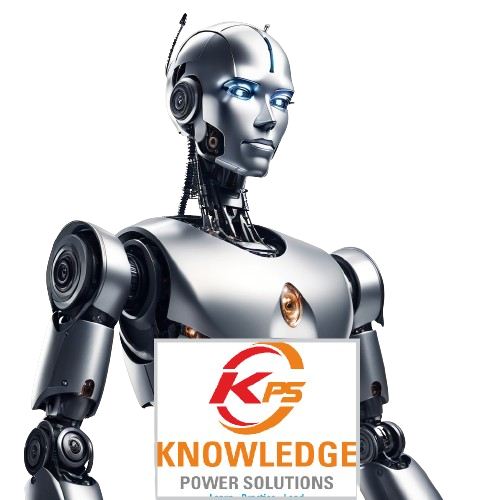Artificial Intelligence (AI) and human intelligence share a common goal of problem-solving and decision-making, but they differ significantly in their origins, capabilities, and ways of functioning. Below is a detailed comparison:
1. Origin and Nature
-
AI:
- AI is a human-made system created using algorithms, programming, and data.
- It operates within predefined parameters and cannot think beyond its programming unless designed for self-learning.
-
Human Intelligence:
- Human intelligence is a natural phenomenon, developed through evolution and influenced by genetics, experiences, and emotions.
- It encompasses creativity, emotions, intuition, and abstract thinking.
2. Learning Capability
-
AI:
- Relies on data and algorithms to learn and improve through processes like machine learning.
- Can process and analyze vast amounts of data quickly but struggles without structured datasets.
-
Human Intelligence:
- Humans learn from experiences, emotions, intuition, and their environment.
- Can generalize knowledge across different domains and adapt creatively to unfamiliar situations.
3. Decision-Making
-
AI:
- Makes decisions based on logic, patterns, and data-driven insights.
- Lacks understanding of moral and emotional contexts unless explicitly programmed.
-
Human Intelligence:
- Considers emotions, ethics, and moral values in decision-making.
- Can weigh complex, subjective factors that AI cannot quantify.
4. Creativity
-
AI:
- AI can generate creative outputs (e.g., AI-generated art or music), but it relies on existing data and algorithms.
- It lacks genuine originality or emotional depth.
-
Human Intelligence:
- Humans exhibit true creativity, imagination, and the ability to think “outside the box.”
- Innovation often arises from emotional and cultural contexts.
5. Speed and Efficiency
-
AI:
- Processes tasks and data much faster than humans, especially repetitive or computational tasks.
- Can work tirelessly without fatigue.
-
Human Intelligence:
- Slower in processing large amounts of data but excels in tasks requiring empathy, judgment, or intuition.
- Limited by physical and mental fatigue.
6. Emotional Understanding
-
AI:
- AI lacks emotions but can mimic emotional responses through programming (e.g., chatbots with empathetic replies).
- Does not “feel” emotions or understand their complexities.
-
Human Intelligence:
- Humans experience and express emotions, which influence their decisions and interactions.
- Emotional intelligence is a key aspect of human cognition.
7. Scope and Adaptability
-
AI:
- Specialized in specific tasks (narrow AI) and struggles to adapt to new, unrelated tasks without retraining or reprogramming.
- General AI (human-level adaptability) is still theoretical.
-
Human Intelligence:
- Highly adaptable, capable of learning and excelling in a wide variety of tasks and domains.
- Can transfer knowledge across different contexts.
8. Dependence
-
AI:
- Dependent on humans for creation, maintenance, and programming.
- Limited by the quality of data and design of its algorithms.
-
Human Intelligence:
- Independent and self-sustaining, with the ability to evolve and grow naturally.
Comparison Table
| Aspect | Artificial Intelligence (AI) | Human Intelligence |
|---|---|---|
| Origin | Machine-created | Natural |
| Learning | Data-driven | Experience-based |
| Decision-making | Logical, data-driven | Ethical, emotional, intuitive |
| Creativity | Algorithm-based imitation | Genuine and imaginative |
| Speed | Fast and tireless | Slower but context-rich |
| Emotions | Simulated | Genuine |
| Adaptability | Limited to specific tasks | Highly adaptable |
| Dependence | Dependent on programming | Independent |
Conclusion
While AI excels in speed, efficiency, and handling repetitive tasks, it lacks the emotional depth, creativity, and adaptability of human intelligence. AI complements human intelligence by automating and optimizing processes, but it cannot replace the unique qualities that make human cognition so versatile and profound.
